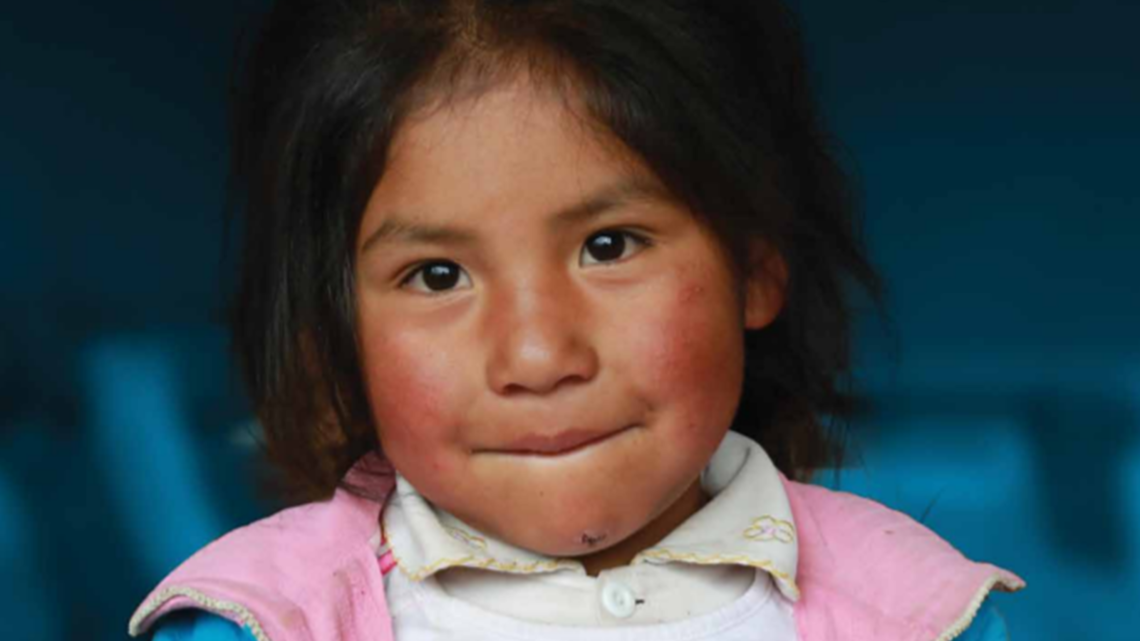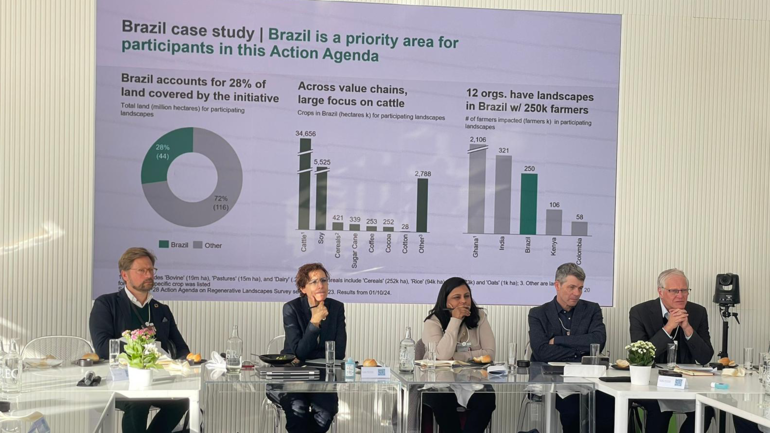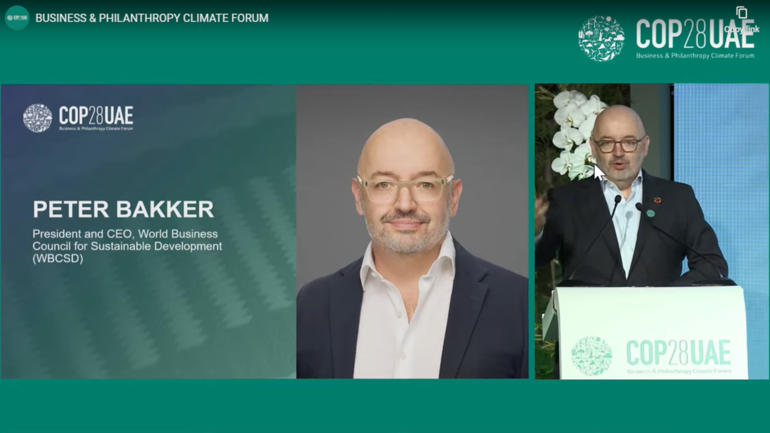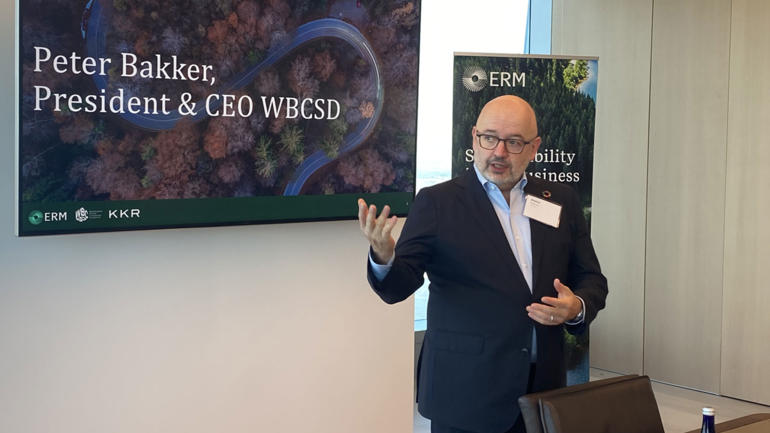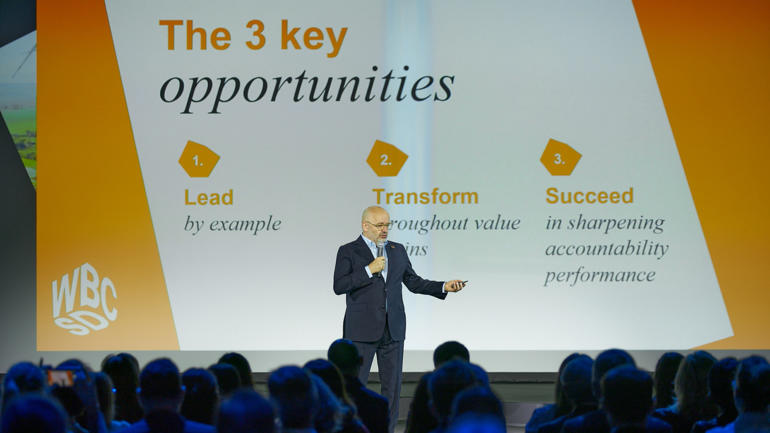It is painfully visible that our food system is broken. Our future depends on our ability to create a food system that supports healthy people and a healthy planet. Current food systems are outstripping the resources of the planet, while diets are resulting in global health crises of both over- and undernutrition. All this will be amplified by continued population growth and changes in dietary habits.
The private sector is often seen as part of the problem, but I believe it can play a pivotal role in providing solutions. Take food processing for example: it can deliver high-quality food that extends the life of fruit and vegetables, thus reducing food waste. It can make healthy foods available all year round in environmentally challenged communities such as the Sahel region. In addition, when food is produced responsibly, the environmental impact of agricultural practices can be kept to a minimum or even be regenerative.
Nearly all food consumed around the world is produced, processed or supplied by business, ranging from smallholder farmers and family farms to large, multinational companies. This provides business with a unique opportunity and ability to improve children’s health and quality of life by creating more healthy, enjoyable food for all, that is produced responsibly and sustainably.
There is a clear business imperative to help meet the nutritional needs of children: malnutrition contributes to reduced productivity, and rising health, insurance and environmental costs, as well as vulnerable supply chains, which all have a direct impact on the bottom line. As populations grow and diets evolve, there are growth opportunities for companies that move first and create new markets for healthy food.
Food companies can help nudge parents and children towards healthy and sustainable food options. For example, advertising and in-store marketing are powerful tools that affect consumer behaviour. At the same time, business also needs to show restraint in advertising directly to children, because they are particularly susceptible to commercial messages. At the World Business Council for Sustainable Development (WBCSD), we are helping businesses to accomplish this, for example by developing a country-level project that includes a toolkit on marketing and advertising products containing less sugar.
Public education campaigns play an important role as well. A combination of policy, information and community engagement is required to reach everyone, including those living in disadvantaged communities.
We must also focus more on the environmental impact of food production. As we move towards the limits of the natural resources our planet can provide, diets need to be adjusted. Initiatives such as the EAT-Lancet Commission report, the FABLE Consortium’s national country modelling, the Food Systems Dialogues, and the Food and Land Use Coalition are at the forefront of solving this challenge. Many leading businesses support and encourage their evidence-based work, using it to inform business strategy and actions.
Finally, healthy and sustainable food must be accessible and affordable. We cannot reinforce socio-economic inequities in feeding our children. Unfortunately, even in areas where food is widely available, healthier and more sustainable options are often more expensive. Moreover, many smallholder farmers don’t have sufficient food remaining from their harvest, or enough money to purchase diverse healthy foods.
From a business perspective, today’s children are tomorrow’s farmers and company workers. Failing them is not an option, yet we are on a path to do so. We need to react urgently, and business must make bold strides to contribute to finding solutions.
At WBCSD, we’re bringing together companies that are taking a leadership role to explore, develop and scale up solutions. Many of our member companies, individually and through WBCSD programmes and projects, are innovating to shift towards healthy diets Our organization calls on business to transform the food system to achieve a vision of healthy people and a healthy planet, by:
- ensuring food and nutrition security in the supply chain
- making healthy, nutritionally appropriate and sustainably produced foods accessible and affordable to children and their families
- using the power of marketing responsibly by rebalancing marketing spending on healthy offerings, providing actionable information and making healthy options easily accessible
- engaging in platforms that convene business, government, science and civil society to transform the food system.
There is no silver bullet to solve malnutrition and only a collaborative and holistic approach will successfully transform the food system. There is a massive urgency to act NOW: we have to build momentum for our children and our planet. Research like the report published by the EAT-Lancet Commission has provided targets against which we can take aligned action. Let’s work together to transform the food system and achieve our vision for healthy people and a healthy planet.
This article originally appeared in UNICEF’s 2019 edition of The State of the World’s Children (SOWC), published on 15 October 2019, examining the issue of children, food and nutrition, providing a fresh perspective on a rapidly evolving challenge.

